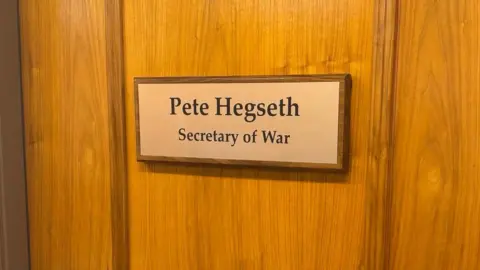In a stunning turn of events, Syria has witnessed the fall of the Assad regime, and rebel forces have now declared control over the capital, Damascus. The announcement of a new government to commence operations immediately has sent shockwaves throughout the nation and the international community alike, as millions grapple with the aftermath of decades of authoritarian rule.
On the streets of Damascus, rebel fighters were seen taking their positions outside government buildings, directing city traffic, and initiating a display of their newly asserted authority. However, journalists present reported scenes of abandonment: deserted Syrian military tanks, empty security checkpoints, and torn-down posters of President Bashar al-Assad littered the area, painting a picture of both a liberated city and a potential descent into chaos.
While there is palpable euphoria among many Syrians following the ouster of a leader long regarded as brutal, there are growing concerns about emerging lawlessness. Instances of broken shop windows and vandalized cars suggest that societal order may be fragile in the wake of such a significant power shift.
To understand the complexities surrounding the collapse of the Assad regime, I spoke with Alissa Rubin, a senior Middle East correspondent. She attributed the regime’s downfall to a confluence of regional factors. Notably, the diminishing power of Hezbollah—whose troops had backed Assad—was crucial, as were the diverging focuses of international allies like Iran and Russia. These shifting dynamics created an opportunity for rebels to rise.
Looking ahead, Rubin emphasized the immense challenges that lie before the newly formed rebel government. Syria is a nation deeply divided along ethnic and sectarian lines, leading to uncertainties about how the rebels will maintain control and restore safety to its citizens. The importance of a cooperative political environment and the need to address security concerns for all regions and communities will be critical in shaping the future of Syria.




















